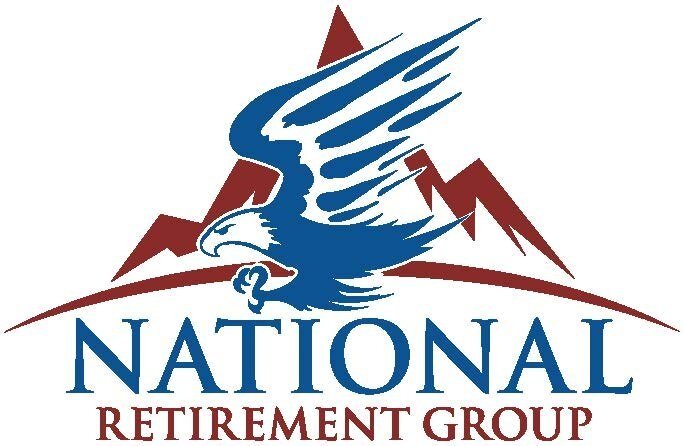Business Continuation
A Business Continuation Plan is a simple solution to an often complex problem
Business Continuation Plans are established by combining a written agreement and certain types of business insurance. They spell out in detail how issues are to be resolved and provide insurance coverage for costs in certain circumstances. These issues often include but are not limited to:
Losses due to the absence of a key employee
Conflicts among remaining owners or surviving family members
Reaching an agreeable tax valuation or selling price
The transfer of business ownership
Maintaining stability for investors, customers, and staff
Key Employee Insurance
Protect your business in the event you lose a crucial employee. Key Employee Insurance is used to offset the financial impact that the loss of key personnel can have on the value of a business.
An Insurance Specialist can help you protect your business with life insurance for key employees that can be used to:
Recruit and train new employees
Settle co-ownership and stock purchases
Pay benefits to heirs
Show an asset on your balance sheet
Buy-Sell Agreements
Preserve the value of your business and ensure that it will continue to function successfully even if a business owner or partner leaves unexpectedly. A Buy-Sell Agreement can do just that by ensuring the equitable transfer of ownership. Buy-Sell Agreements create a market for the business interest by establishing a predetermined price for the owner or partner’s share of the business, as well as a predetermined buyer.
The two most common types of Buy-Sell Agreements are:
Cross Purchase Agreement: Remaining business owners/partners purchase the share of the business from the owner/partner who left, or their estate, at an agreed-upon price.
Entity Purchase Agreement or Stock Redemption Plan: The business buys the leaving owner’s interest for an agreed-upon price with the remaining partners then owning the entire business.
There are many benefits to having a Buy-Sell Agreement in place:
It establishes the market value of the business.
Both the price and the buyer are mutually agreed upon by all interested parties.
Customers, employees, and creditors are assured of business continuity.
Existing ownership and/or management retain control of the business.


